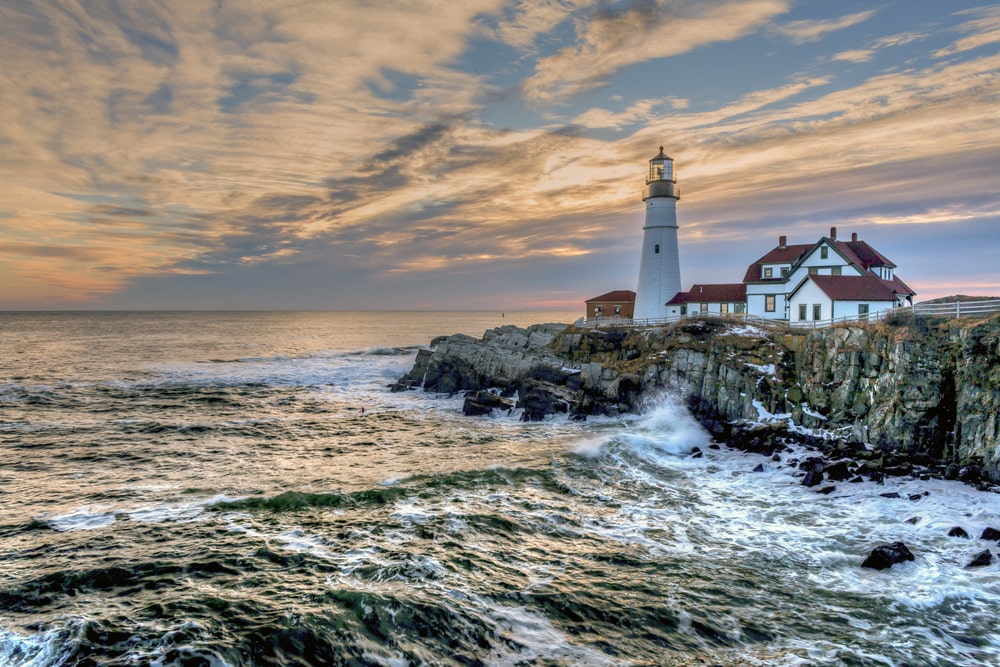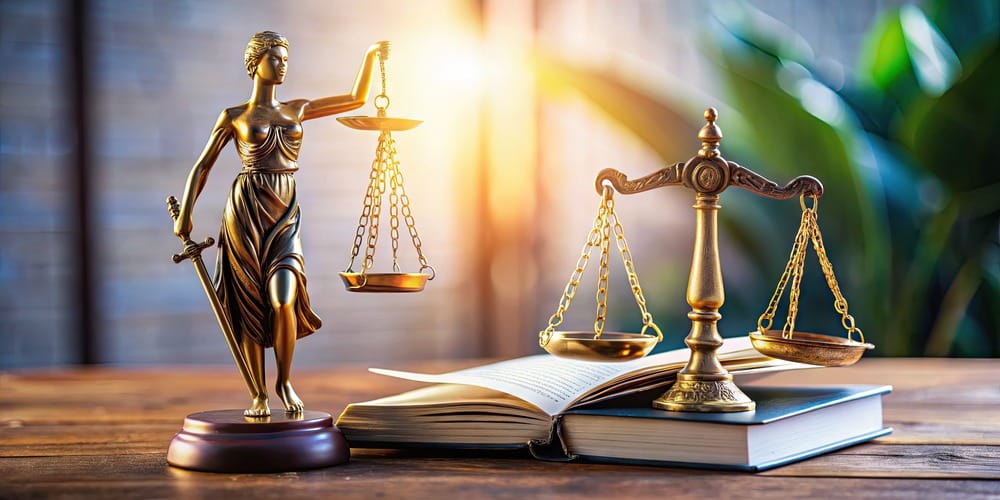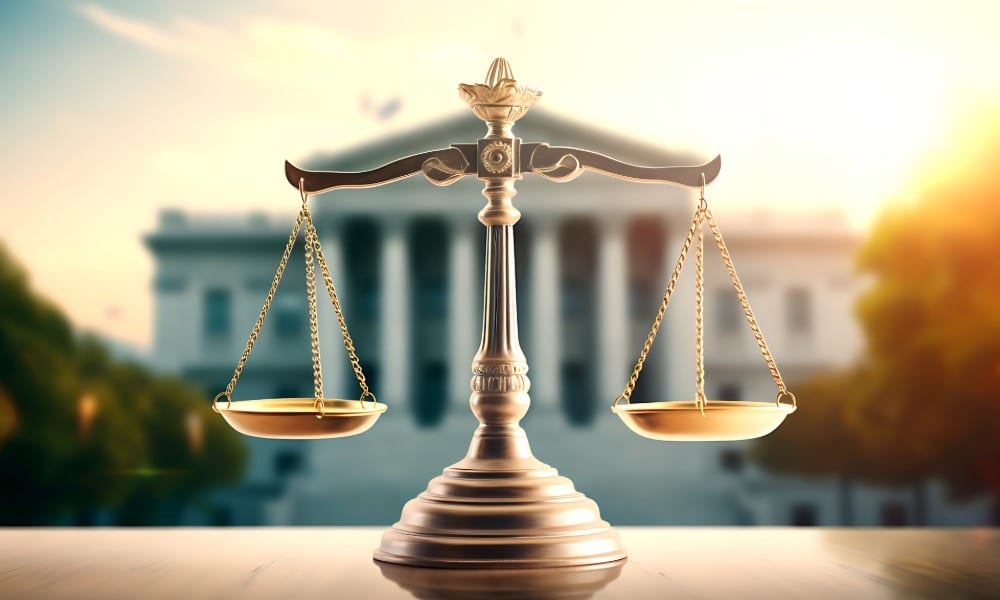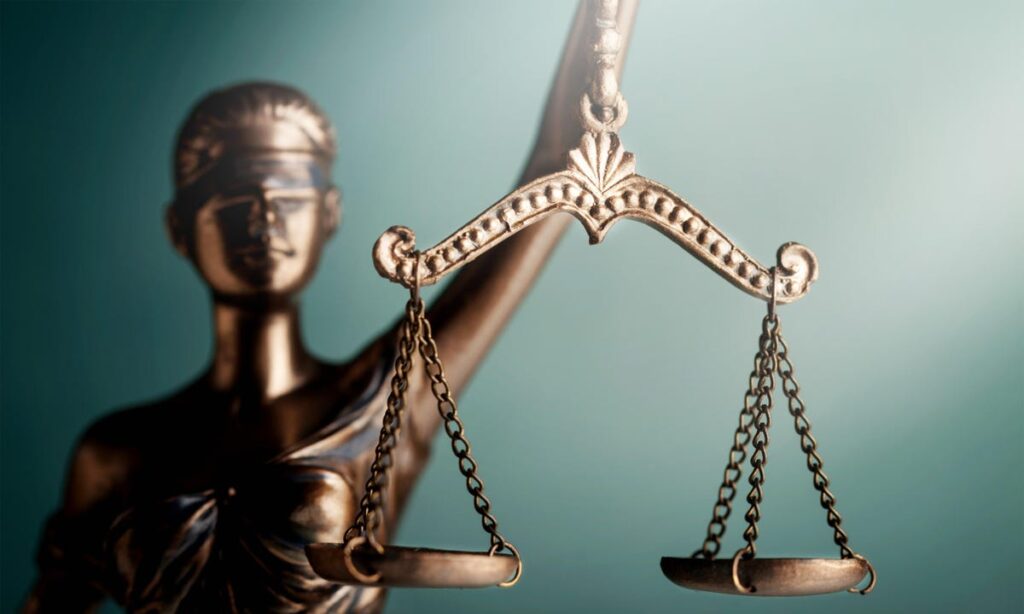Unauthorized Sharing of Private Images in Maine: What You Need to Know
The unauthorized dissemination of private images has become a growing legal issue in today’s digital world, where smartphones, social media, and instant messaging make it easier than ever to capture and share content.
In fact, sharing intimate images can now be as effortless as posting vacation photos—which is why many states, including Maine, have strengthened laws in recent years to address this serious offense.
Since 2015, the legal consequences in Maine for disseminating private images without permission can be severe. Convictions for these offenses can result in a permanent criminal record and possible jail time, as well as other consequences.
Let’s consider the offense in more detail and cover what you need to know if you or a loved one is being investigated or has been charged under these laws.
Call 207-571-8146 or contact us online to schedule a consult with one of our highly skilled criminal defense & OUI, DUI, DWI lawyers, serving Maine, today.
Table of Contents
What Is the Unauthorized Dissemination of Certain Private Images?
Under the provisions of 17-A M.R.S. §511-A, a person commits the crime of unauthorized dissemination of certain private images if:
- They intentionally display or publish an image (a photograph, videotape, film or digital recording) of another person with the intent to harass, torment or threaten the depicted person.
- The depicted person is at least partially nude or engaged in a sexual act.
- The image was taken or provided under circumstances where the depicted person had a reasonable expectation of privacy.
- There is no public or newsworthy purpose to the images.
- The dissemination was done without the depicted person’s consent.
The law applies regardless of whether the image was originally shared willingly. For example, if an individual in Maine voluntarily shares a private image with a partner during a relationship and that partner later shares it publicly or sends it to others without permission, it can still lead to unauthorized dissemination charges.
Exceptions to the law
The following scenarios are exempt from charges of dissemination of certain private images in Maine:
- Lawful and common practices of medical treatment.
- Images involving voluntary exposure in a public or commercial setting.
- An interactive computer service or an information service concerning content provided by another person.
Penalties for Violating Unauthorized Dissemination of Private Images in maine
Unauthorized dissemination of certain private images is typically charged as a Class D crime in Maine. This is a misdemeanor-level offense but it can still carry significant consequences:
- Up to 364 days in jail.
- A fine of up to $2,000.
- Probation, community service, or court-ordered counseling.
- A criminal record that may affect employment, housing, travel, immigration, etc.
In addition to the criminal penalties, if the image was shared online or on social media, the reputational consequences for the depicted person could lead to civil lawsuits.
Aggravating Factors and Related Offenses
Certain aggravating circumstances with this offense could lead to elevated penalties or additional or more serious charges:
- If the image involves a minor, the accused could face charges related to sexual exploitation of a minor under 17-A §284, or possession/dissemination of child pornography, which are felony-level offenses.
- If the dissemination was done for financial gain or as part of a pattern of harassment or blackmail, additional charges such as extortion or stalking may apply.
- In cases where threats or coercion are used to obtain or distribute private images, the crime may be linked to “sextortion” (see below) or unlawful sexual contact.
Each of these aggravated versions of the crime can carry far more serious penalties, including lengthy prison terms and mandatory registration as a sex offender.
Call 207-571-8146 or contact us online to schedule a consult with one of our highly skilled criminal defense & OUI, DUI, DWI lawyers, serving Maine, today.
How Is This Crime Related to “Sextortion” in Maine?
Sextortion is a term commonly used to describe a form of blackmail where an individual threatens to share sexually explicit images unless the victim complies with certain demands (usually more images, sexual acts, or money).
Often, these cases involve predators posing online as teenagers and requesting illicit images, which they use to exploit underage victims. Boys between the ages of 14 and 17 and girls between the ages of 12 and 17 are considered most at risk.
The term “sextortion” does not appear in Maine’s criminal statutes but the behavior it describes is addressed under several criminal laws:
- Unauthorized dissemination of certain private images (17-A §511-A)
- Extortion (17-A §355)
- Sexual exploitation of a minor (17-A §282, §284)
- Harassment or stalking (17-A §506-A, §506-B)
Accusations of sextortion can lead to multiple felony charges depending on the circumstances, especially if the alleged victim is a minor.
It is worth noting that state officials are concerned about an increase in these types of crimes—especially those involving minors— and the judicial system in Maine is clamping down hard on offenders.
How do you Defend Against Charges of Unauthorized Dissemination?
Accusations of disseminating images without authorization should be taken seriously. If charges are filed, you face more than just reputational loss.
However, the skills and experience of a criminal defense attorney with knowledge of these cases can help you avoid the worst consequences.
The process starts with assessing the evidence, protecting your rights, and building a strong defense. Every case is unique and strategies depend on the precise circumstances, but defenses are usually based on one of the following arguments:
- Lack of intent: The accused did not knowingly or intentionally disseminate the image.
- Consent: The person depicted had previously agreed to share the image in the way it was distributed.
- Lack of privacy expectation: The image was taken or shared in a context without a reasonable expectation of privacy.
- Mistaken identity or false accusation: The person accused is not the person who shared the image.
What to Do If You’ve Been Accused or Charged
If you are being investigated or have been charged with the unauthorized dissemination of private images in Maine, do not try to explain or defend yourself to police officers or others.
It’s best to stay silent until you can exercise your right to legal counsel, as anything you say can (and likely will) be used against you in court.
Here’s what to do:
- Contact a criminal defense attorney immediately.
- Do not delete or alter any evidence, such as phones, texts, or emails.
- Avoid contacting the alleged victim, as this could lead to additional charges such as witness tampering or harassment.
- Gather any relevant information, including records of communication or prior consent.
Speak with a Maine Criminal Defense Attorney Today
The consequences of being convicted under Maine’s unauthorized dissemination law can follow you for years, even if the charge is considered a misdemeanor.
With qualified legal assistance, you have a better chance of avoiding a criminal record and the worst consequences of the charge.
For experienced legal help and support with charges for the unauthorized dissemination of private images, call the Maine Criminal Defense Group at 207-571-8146 for an initial case evaluation.
Call 207-571-8146 or contact us online to schedule a consult with one of our highly skilled criminal defense & OUI, DUI, DWI lawyers, serving Maine, today.
Blog Articles

In Maine, it is illegal for a person to have consensual sexual activity with a minor younger than 16, with a few exceptions. For anyone accused or charged with statutory[...]

AUGUSTA, Maine — A 44-year-old Albion, Maine man, Sean M. Eori, is on trial at the Capital Judicial Center after being indicted on 11 charges involving the alleged sexual assault[...]

Sexual exploitation of a minor in Maine is a felony with serious consequences, including prison and sex offender registration. If you're facing charges involving child pornography[...]

Many individuals accused of sexual assault find themselves tried in the “court of public opinion” and immediately branded as “guilty.” This is unfair and contrary to the principles of criminal[...]

Facing a child pornography charge is one of the most daunting and life-altering experiences anyone can endure. These charges carry severe consequences, including potential prison time, hefty fines, and mandatory[...]

Solicitation of a minor is a criminal offense where an individual who engages in a conversation with a minor solicits or asks the minor to meet up to partake in[...]

Sexual assault and sexual battery both refer to criminal offenses where a victim does not provide consent to sexual contact. This contact may or may not involve penetration, force, violence,[...]

Both prostitution and solicitation are considered sex crimes in Maine. Buying or selling sexual acts or sexual contact is illegal and has traditionally been considered a criminal offense for all[...]

A protection from abuse order (PFA) can make it illegal for an individual to contact you or your children in the state of Maine. Filing a PFA is often a[...]

In a recent child exploitation case from Boston, a Maine man was found guilty by the federal court and sentenced to 13 years in prison and five years of supervised[...]
